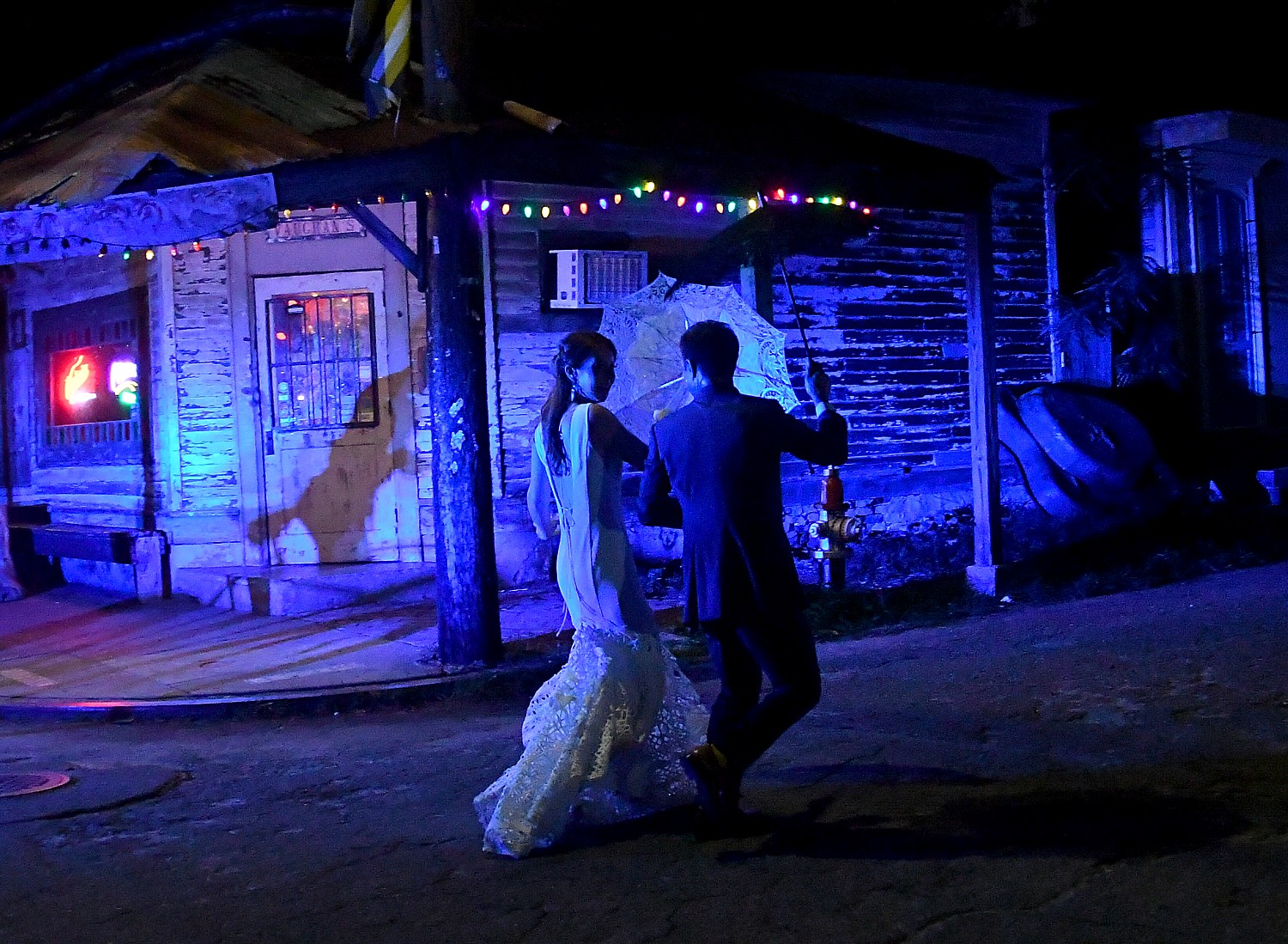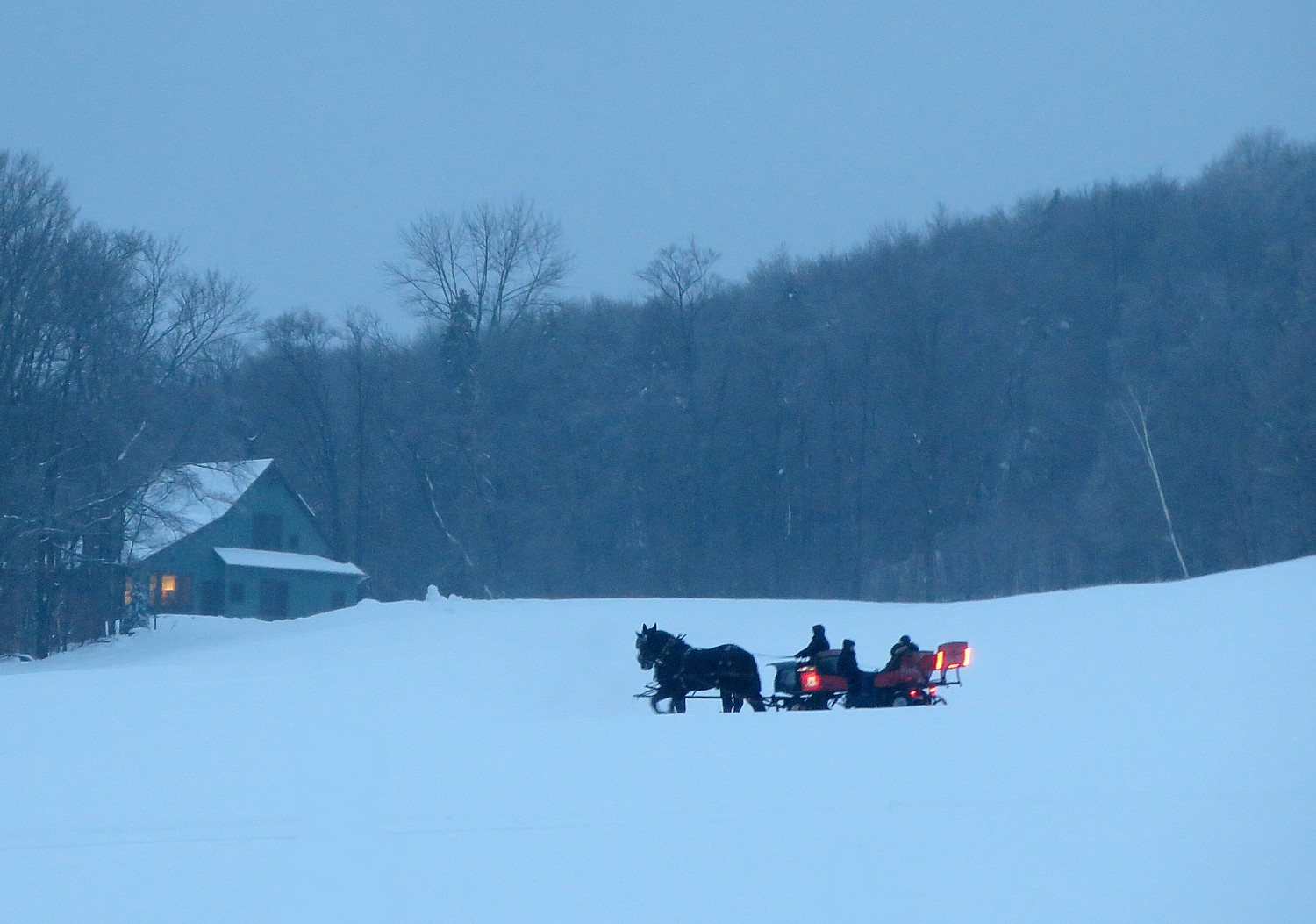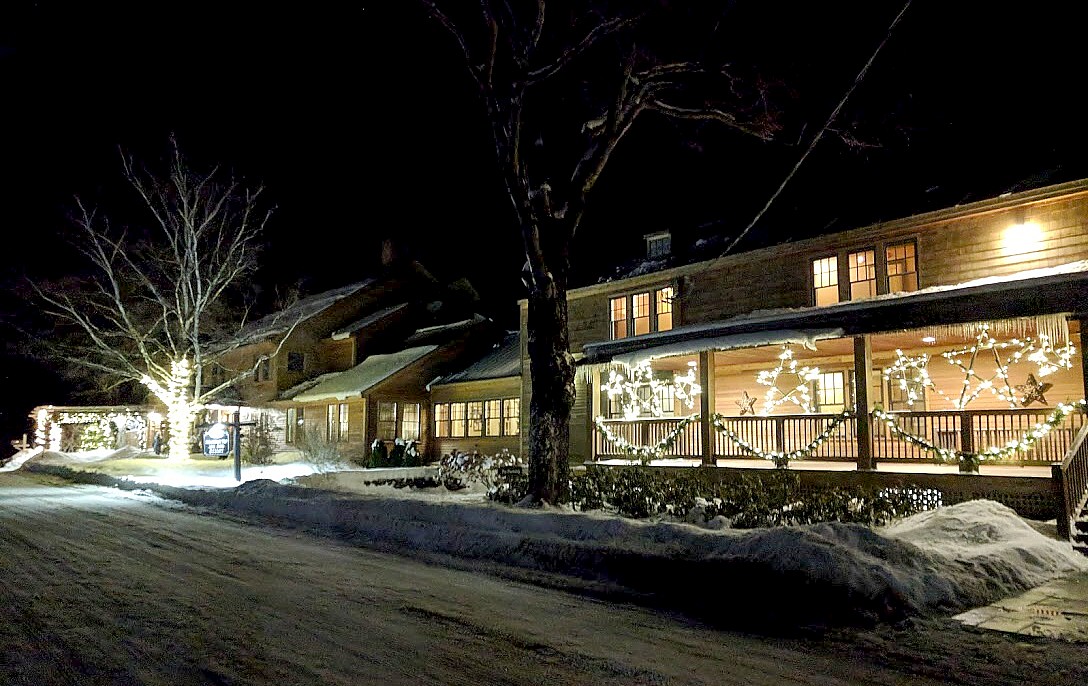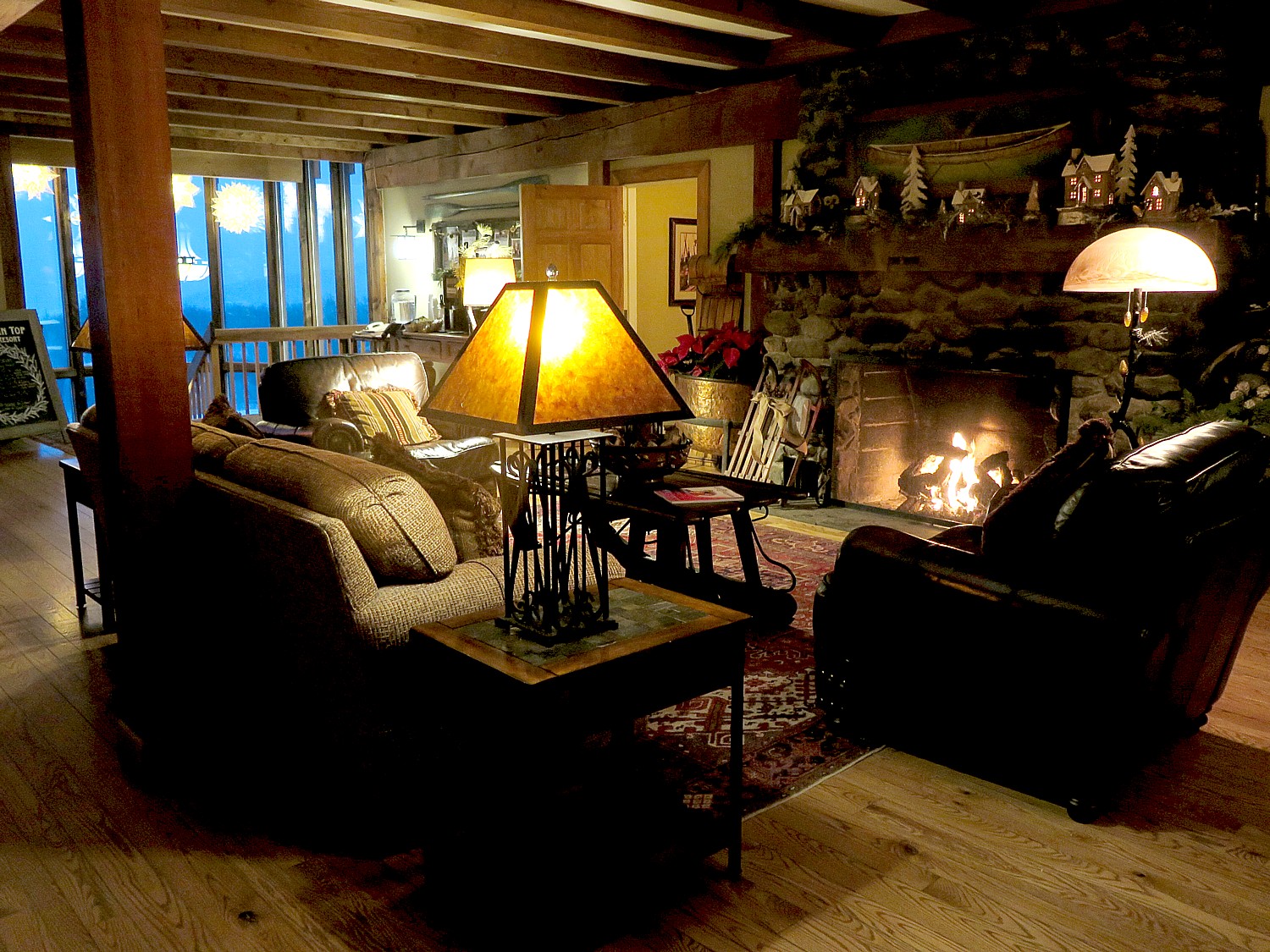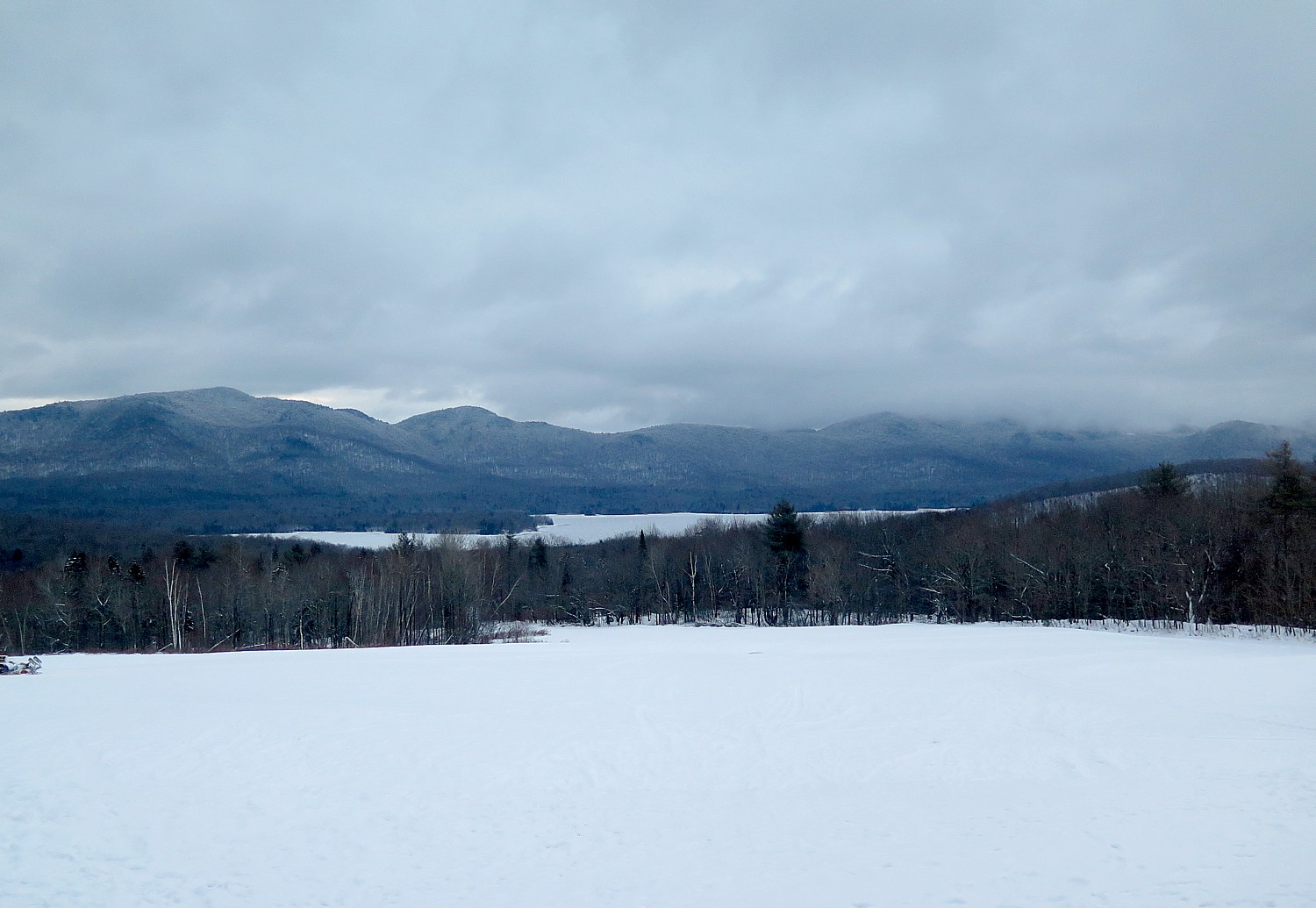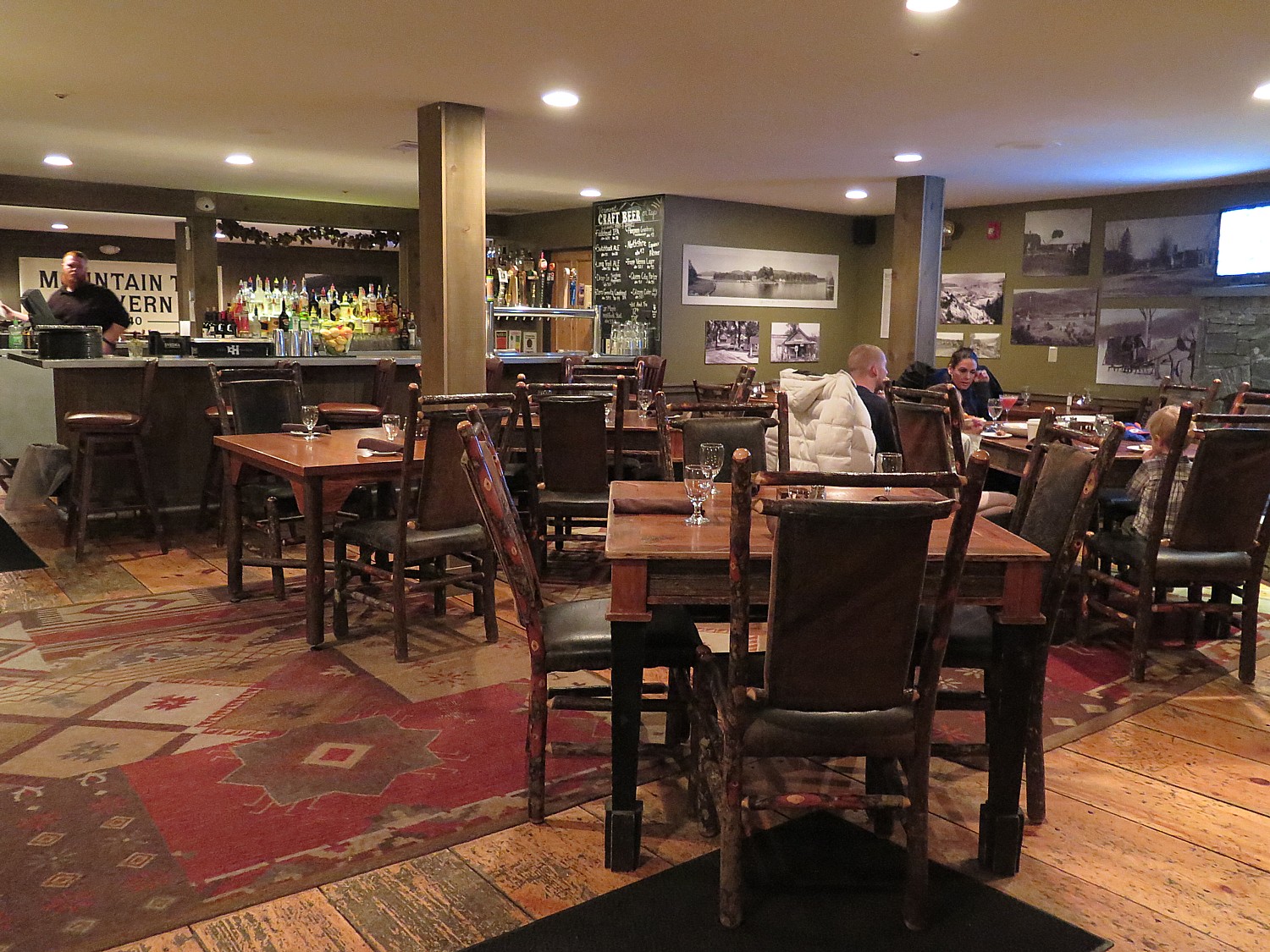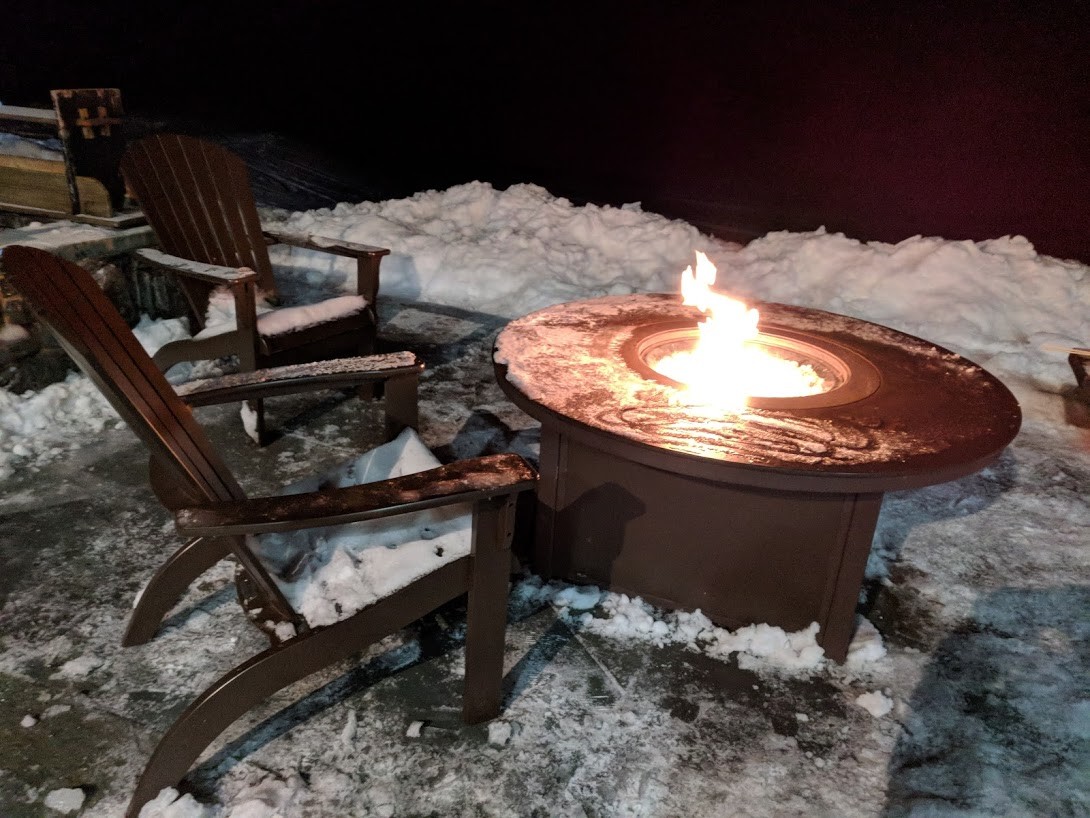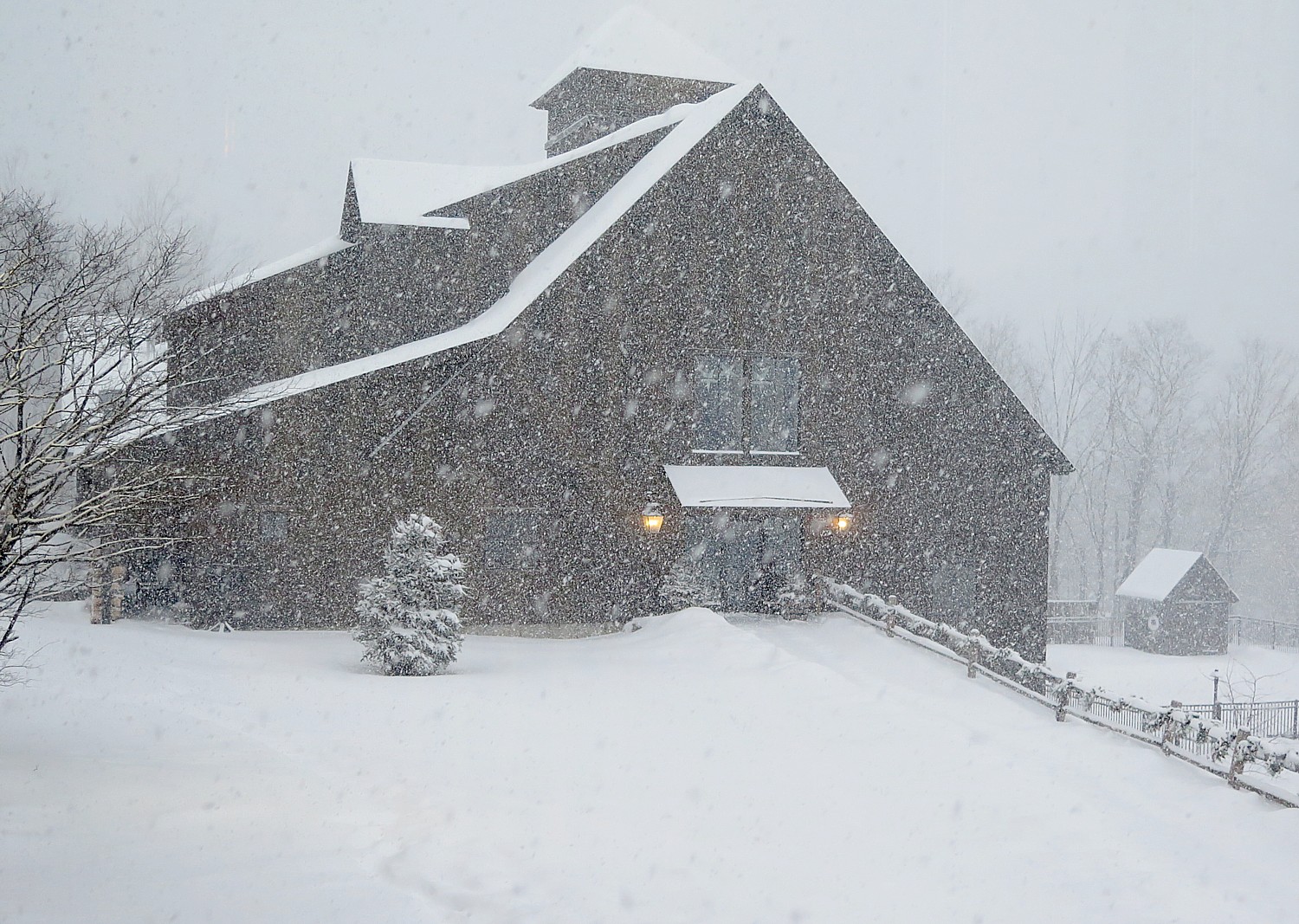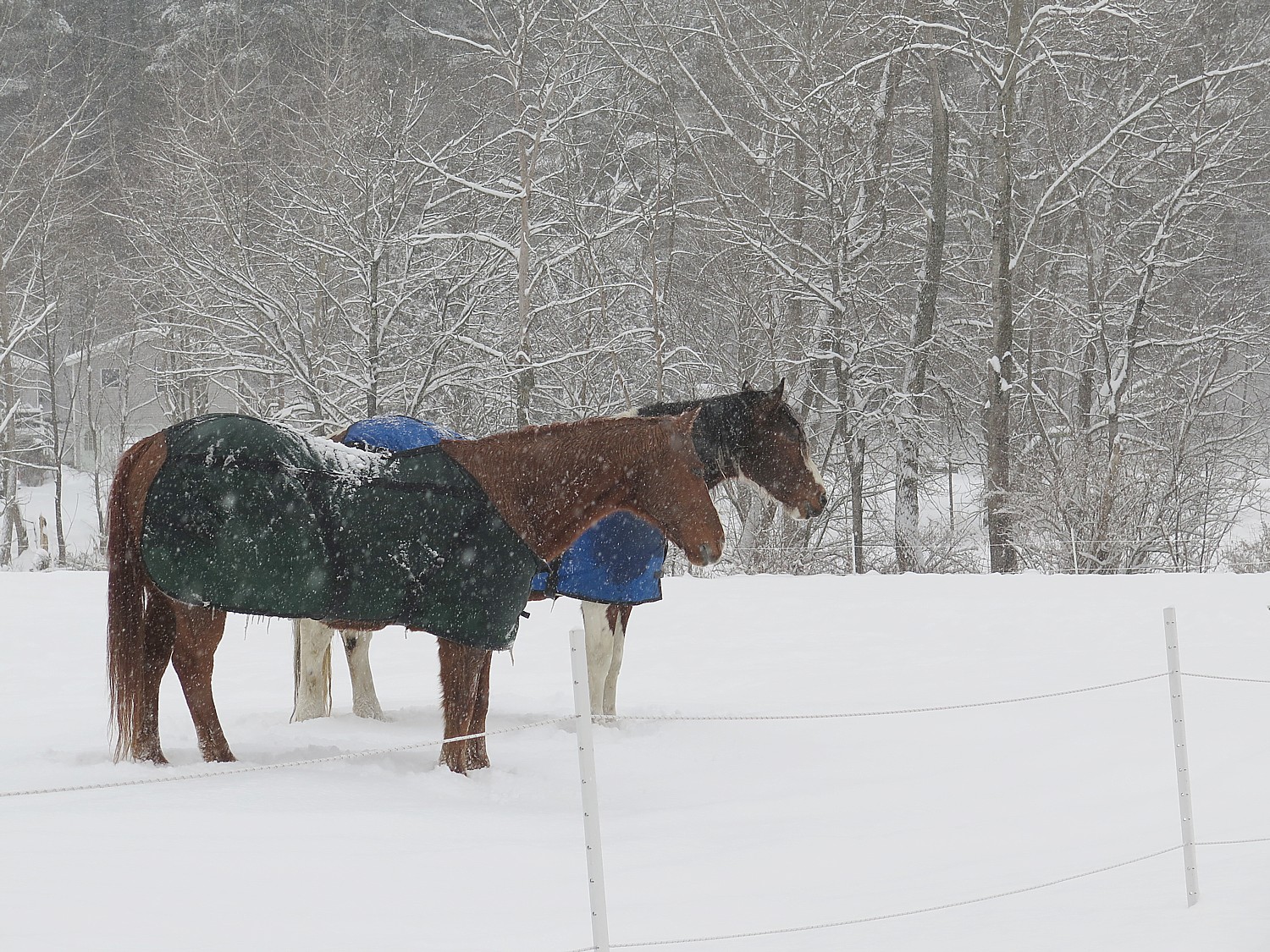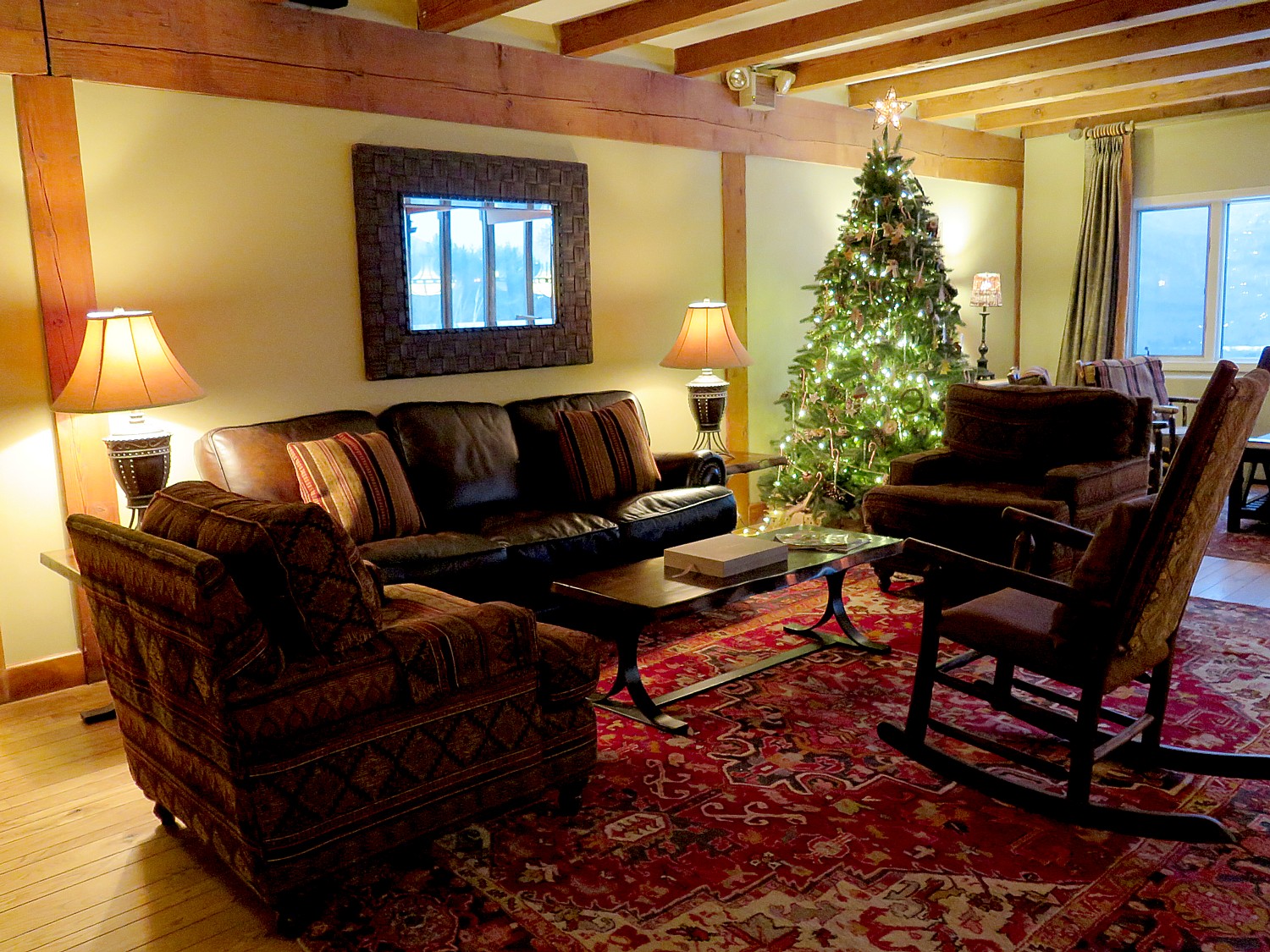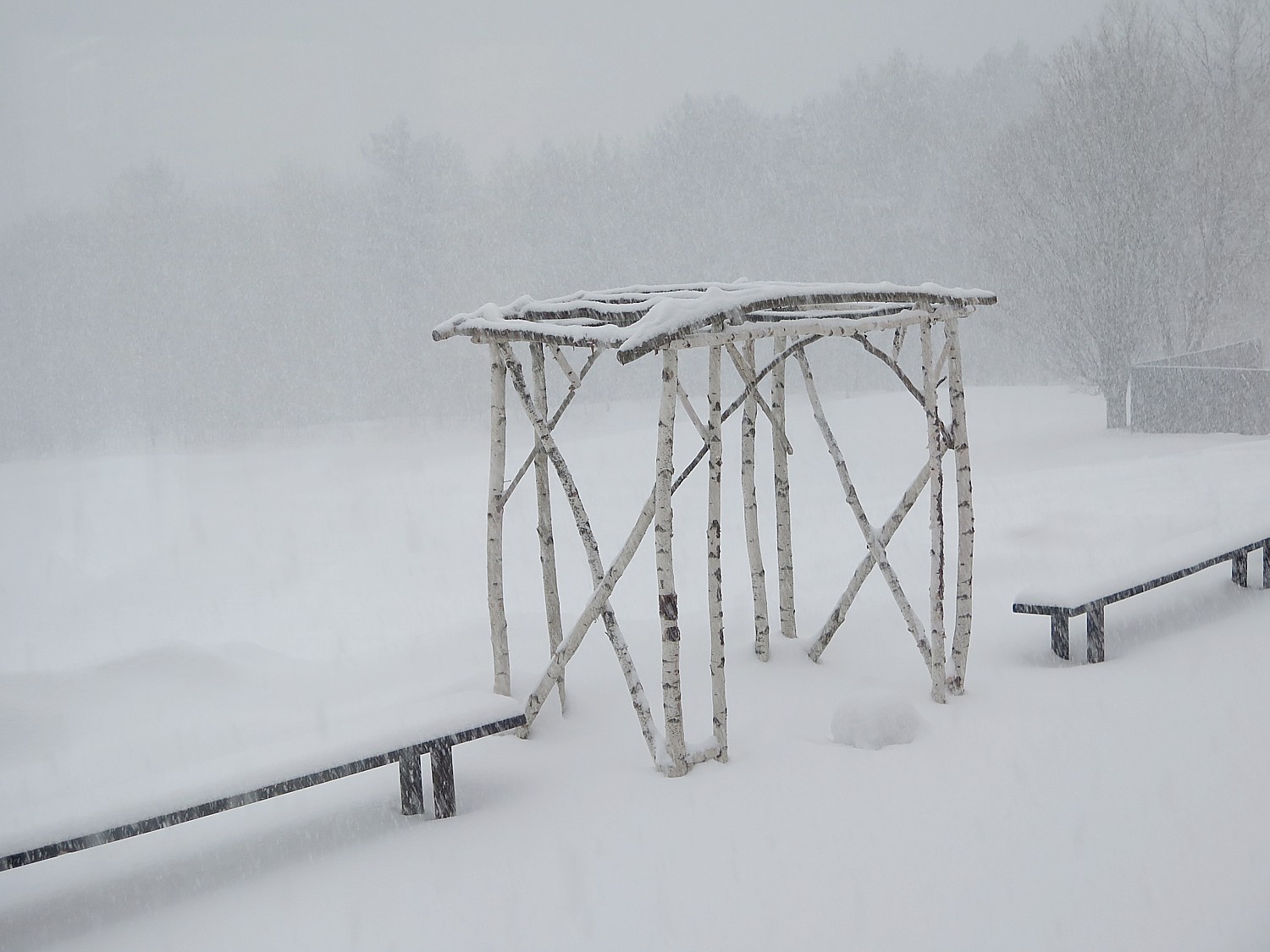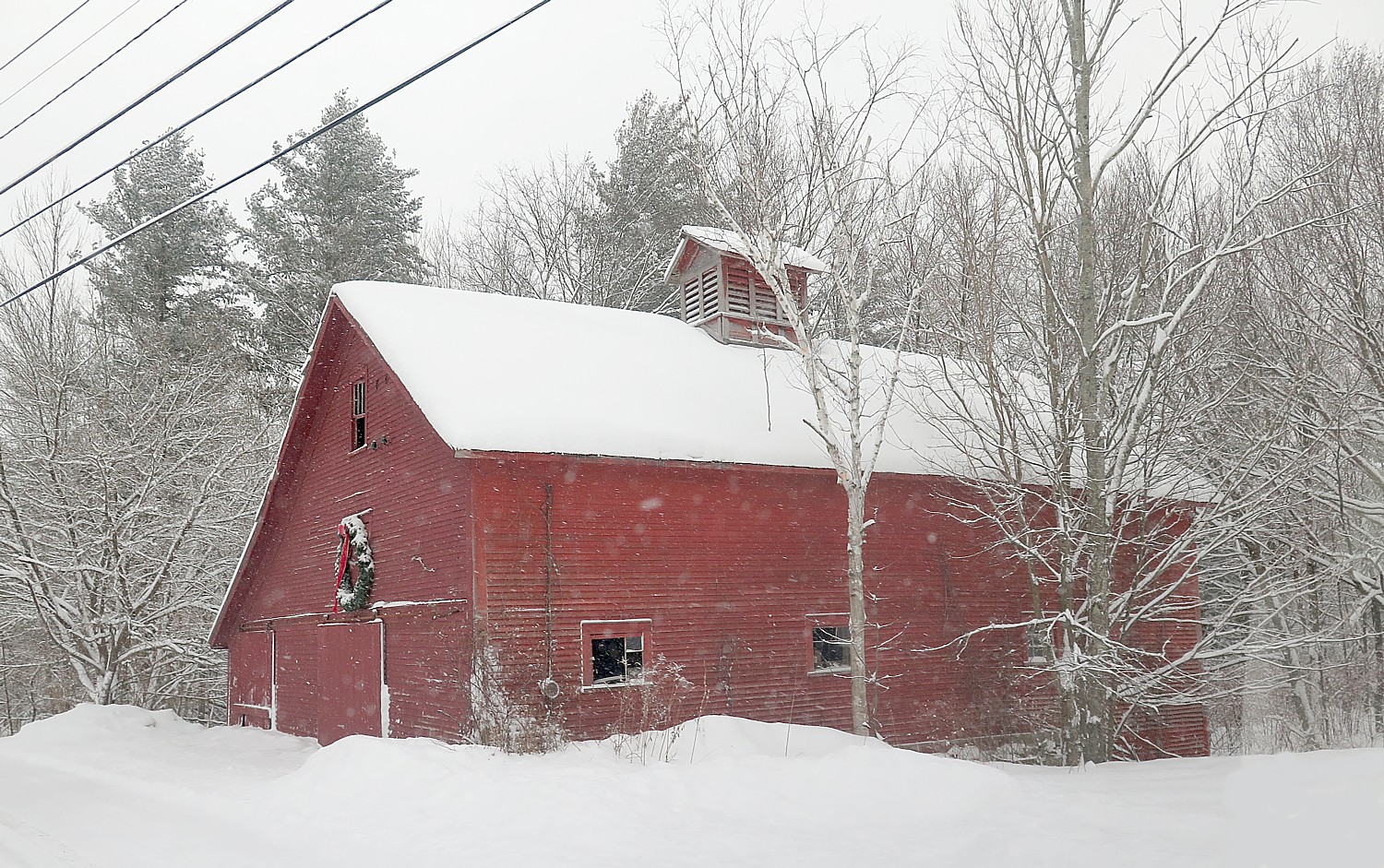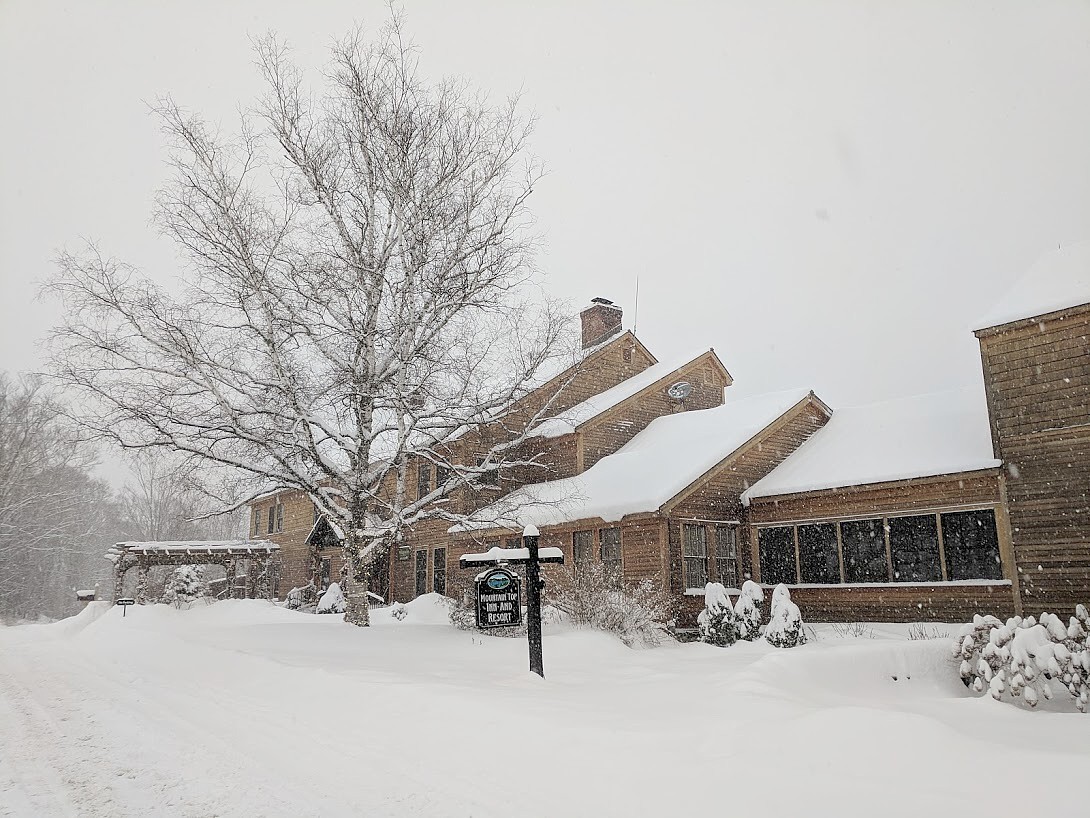By Laurie Millman and Martin Rubin
Photos by Laurie Millman and Karen Rubin
Travel Features Syndicate, goingplacesfarandnear.com

Laurie spent years staying away from New Orleans, Louisiana, with the excuse that she didn’t enjoy jazz enough to go there. Recently, though, we found ourselves in the Mississippi River delta city to attend a family destination wedding. After five days in New Orleans (affectionately known by its acronym — NOLA), we can now say that this is one of the most exciting and interesting cities we’ve visited. It is certainly a destination to return to, perhaps at Mardi Gras time!
We stayed in the old, quaint French Quarter at The W New Orleans (316 Chartres St., (504) 581-1200, https://www.marriott.com/hotels/travel/msywh-w-new-orleans-french-quarter/) — a Marriott property with rooms that surround a serene, outdoor garden, fountain, and pool. The modern style of our hotel room contrasted with our balcony view of the colorful, historic buildings built during the city’s French and Spanish periods, with distinctive French Quarter pastel colors and balconies decorated with rod-iron scrollwork.
Prior to travelling to New Orleans, it was recommended to us to forego a rental car as long as we planned to stay primarily in or around the French Quarter and the other New Orleans neighborhoods. We found that Ubers, Lyfts, and taxis were never more than 5 minutes away, and usually inexpensive – and then we didn’t have to deal with the nightmare of parking.
For sightseeing around the city, we recommend using the red, double-decker bus marked, “24-hour Hop-on Hop-off City Bus Tour.” This bus follows a loop around New Orleans, going through the colorful neighborhoods. With a day pass, passengers may stay on the bus the entire time and learn about the NOLA neighborhoods from the bus guides, and get off and back on at various stops along the route to spend more time exploring. (https://www.hop-on-hop-off-bus.com/new-orleans-bus-tours)
Walking tours abound in the French Quarter with guides retelling stories about events, pirates, voodoo queens, and hauntings. Our private walk around the historic Quarter was fun and interesting: we stopped to read the plaques describing the French and Spanish history, visited little boutiques and galleries, checked out themed bars and restaurants, checked out a few unique museums, and strolled through the beautifully groomed parks.

For an historic mode of transportation, NOLA offers an electric streetcar trolley system. The St. Charles line is the oldest continuously operating streetcar line in the world. All four of the NOLA lines either run along or intersect with Canal Street in the area between the French Quarter and the Central Business District. A standard, one-way fare on a streetcar is very reasonable at only $1.25 per person. However, a word of warning: the trolley system was not the quickest form of travel, and we had to wait at least 15 minutes before a trolley arrived to pick us up.

NOLA knows how to party — 24×7 — both inside and outside the many bars and restaurants. We saw visitors out and about at all hours carrying alcohol between bars and restaurants in the French Quarter. Live music abounds in venues, on street corners, and in the parks, throughout the day and night. We noticed colorful beads from past Mardi Gras celebrations layered like tinsel on the trees lining the city streets. We listened to the sounds of the city as we enjoyed breakfast and afternoon snack on the balcony of our French Quarter room.
Second Line brass bands marched down our street and through the French Quarter throughout the day and evening – one of the most popular traditions during a New Orleans wedding (we soon experienced this first hand) – a common occurrence and one of the many reasons New Orleans is one of the most popular venues for destination weddings.

For a wedding, the Second Line signifies the start of a new beginning of life for the bride and groom. A Brass band leads the bridal party and the guests from the ceremony to the reception venue or it may take place at the reception itself. The first line is usually a brass band and the ones being honored, the newlyweds. The newly married couple leads the second line holding decorated umbrellas or parasols. The guests who join in the celebration make up the second line, forming a line behind the band and the newly married couple, as they all dance and stroll through the streets to lively music waving handkerchiefs.

Soon enough, instead of watching a Second Line brass band from our balcony, we were parading in ourselves, as the newly married couple we came to New Orleans to celebrate led their wedding guests on a New Orleans musical journey around the artsy Bywater neighborhood near the French Quarter.

Bourbon Street in the French Quarter is legendary for its barhopping and music. Only about a mile from Bourbon Street and our hotel, we also found a real gem of bars, restaurants, and local artists selling their art late at night on Frenchman Street. We came back to this street often for the diverse live music and food, as well as to purchase gifts for the family from the artists. We enjoyed sharing small plates and meaty gumbo at the Three Muses Restaurant (517 Frenchmen St., (504) 252-4801), while listening to a jazz pianist playing some of our favorite Scott Joplin Ragtime jazz songs.

We dropped in to the Spotted Cat, a small bar with a live band playing traditional Dixie jazz, then went across the street to Cafe Negril (606 Frenchmen St, (504) 229-4236), for drinks and to listen to our favorite Caribbean sounds being expertly played and sung by a large reggae and funk band. We came back another night for Cajun and American food at The Maison (508 Frenchman), where we listened to two different local jazz bands — the stage in the back of the restaurant had a band playing and people dancing when we first walked in but by the time we were into our dinner; a second band had set up and played from the small stage at the front of the restaurant.

Besides the music for which NOLA is known, the major attraction is its food – NOLA has some of the most unique local foods in the US, from traditional Louisiana Po-Boy sandwiches (usually roast beef or fried seafood, often shrimp, crawfish, fish, oysters or crab), meat or shrimp gumbo (like a thick soup), and beignets (donut pastry with powdered sugar). Cafe Du Monde in the French Quarter is a popular open-air coffee shop that serves only beignets along with non-alcoholic drinks (800 Decatur St, in front of Jackson Square, 504-581-2914). Harbor Seafood & Oyster Bar offers traditional seafood po-boy sandwiches, fried and boiled seafood, gumbo, raw oysters, char-grilled oysters, blackened seafood (3203 Williams Boulevard, (504) 443-6454). Cafe Degas is located a few blocks from the house where Edgar Degas lived while in NOLA. The restaurant offers French bistro food (mussels, in-season soft shell crab,frites, escargot, French onion soup) in a setting where a large pecan tree grows through the dining room, giving the feeling of an open-air patio (3127 Esplanade Ave., (504) 945-5635).

NOLA is more than alcohol and music and food – it is a city with plenty of attractions for visitors of all ages. Go online or speak with your hotel’s concierge for suggestions, and to make reservations on tours and at restaurants. Also check with visitor centers around town for discounts through “Day Passes.”
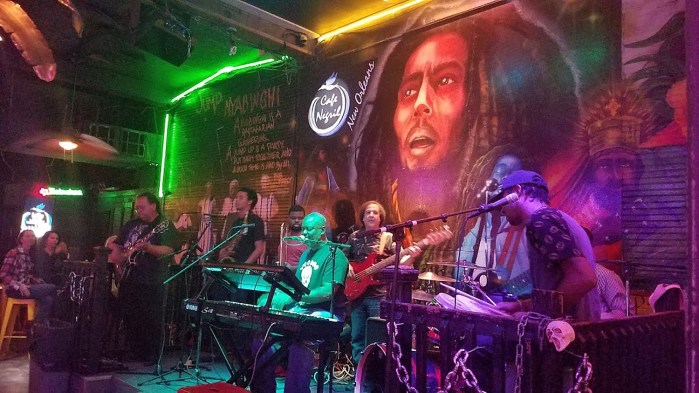
Our attraction recommendations are:
Take a walking or bus tour to the historic and purportedly haunted locations in the French Quarter and local cemeteries. We joined an evening bus tour to four city cemeteries to look for evidence of hauntings, while learning about NOLA history from our resident guide. Although we did not experience a “haunting,” we viewed a Christian cemetery from the gates to look at the iconic NOLA “houses” for the dead, and walked around a Jewish cemetery to see if we “felt” anything, while our guide explained how this lower-than sea level town interns their dead when they can’t be buried six feet down. We also walked around the Hurricane Katrina Memorial Park (5056 Canal St.): six blank, black mausoleums were designed for the unnamed and unclaimed victims. They border the paths representing a hurricane’s spiral path, and lead to a central, vertical rock which depicts the eye of the storm.
In the center of the French Quarter is a little museum which preserves New Orleans’ unique history and culture of the practice of Voodoo. The New Orleans Historic Voodoo Museum is open seven days a week and most holidays, from 10AM to 6PM. General Admission is $7.00/person; $5.50/Seniors, Military, College Students with ID; $4.50/High School Student; $3.50 Kids under 12. (724 Dumaine St., www.voodoomuseum.com, (504) 680-0128).
The National WWII Museum is a complex of buildings with immersive, interactive, multimedia displays to help you learn about the WWII campaigns. Visitors first start out by obtaining a “dog tag” (think “card key”) and you “board” a simile of a train to be assigned a digital WWII service person. You can then learn about the individual’s experiences, and collect digital WWII artifacts at stations posted throughout the museum campus. The Museum is open daily, 9:00 a.m. – 5:00 p.m. (closed Mardi Gras Day, Thanksgiving Day, Christmas Eve, and Christmas Day.) General admission is $28/adult, $24/Seniors (65+); $18/Military (w/ID), college student with ID), child (K-12). (945 Magazine St,, https://www.nationalww2museum.org


© Laurie Millman/goingplacesfarandnear.com
The Audubon Nature Institute has three facilities which offer visitors special NOLA experiences:
The Aquarium of the Americas (https://audubonnatureinstitute.org/aquarium; open Tuesday – Sunday, 10am-5pm) is a two-story building located along the waterfront, and accessible by public transportation, including the trolley car lines. We love visiting aquariums across the country, as each one showcases local fish, mammals, and birds. This is true for the NOLA aquarium, where the main floor leads you through indigenous marine creatures from the Gulf of Mexico, as well as jellyfish and the Mayan reef. On the second floor, you can visit the Mississippi River Gallery and an albino alligator. Also check out the penguins, sea otters, sharks, and marine animals from the Amazon rainforest.
While walking around upstairs, take a break for some pizza at Papa John’s or a bowl of Haagen Dazs ice cream. Don’t forget to walk around the ice cream bar to check out the large collection of colorful parakeets. Look for the large, fanciful sculptures which are scattered around the Aquarium and are made from reclaimed plastics from the oceans and seas. Without having to fly to the Maya Riviera in Mexico, you can treat yourself and others to a snorkeling experience in the Maya Reef exhibit, as well as schedule an up-close visit with the penguins and the sweet sea otters
To save $3 per Aquarium admission, go to the Audobon web site: $25.95/Adult; $17.95/Child (2-12); $20.95/Senior (65+) (plus sales tax and $1 transaction fee per ticket). You need to book the marine encounters in advance of your visit, either online or contact the Aquarium directly.
We walked into the Butterfly Garden and Insectarium (open Tuesday – Sunday, 10am – 4:30pm), expecting to be in and out in an hour — three hours later, we walked out with amazing new experiences. This facility is a living museum, with many examples of live insects and a wonderful butterfly room with a koi pond. As soon as we arrived, we were greeted by one of the facility’s entomologists, who walked with us and described each live insect in the long hallway cases and rooms. The entomologists rotate throughout the facility, always ready with a smile and a story to help you learn about the bugs.

The same entomologists take turns in the ‘Bug Appétit’ Kitchen, six days a week. They prepare many of their own recipes to allow visitors to sample food made with edible insect ingredients. On the day we visited, we sampled roasted whole crickets with barbeque and other flavorings, chocolate “chirp” cookies with organic cricket flour, and crackers coated with garlic spread, humus, and cheese spread — all contained ground, roasted crickets or mealworms. Surprisingly, these delicacies all tasted quite good and turned out to be the highlight of our visit. As Mack, the head of Bug Appétit noted, “This is the wave of the future.” In fact, the Food and Agriculture Organization of the United Nations has been promoting the increased consumption of insect protein around the world since 2003 — farming of edible insects produce low greenhouse emissions, and offer a sustainable and inexpensive source of protein, vitamins, and amino acids essential for humans.
The Insectarium price includes an animated, 4-D movie about superstar bugs and their outstanding achievements. “Awards Night,” is fun for all ages, with celebrity voices by Jay Leno, Joan Rivers, and Brad Garrett. The “Flea Market” gift shop has unique items to take home: Laurie purchased amber earrings and keychains with baby scorpions and other bugs as gifts for herself and the family!
To save $3 per Insectarium admission, purchase online at the Audubon web site: $18.95/Adult; $13.95/Child (2-12); $15.95/Senior (65+) (plus sales tax, $1 transaction fee per ticket).The Audubon Zoo offers an animal-themed water splash park for all ages with three different splash zones and one area specifically for toddlers and younger kids. Grab an inner tube for a lazy ride along Gator Run, slide down a huge alligator water slide, run through spider monkey soakers and water-spitting snakes. Check the web site to confirm when the water park is open.
To save $3 per Zoo admission, purchase online at the Audubon web site: $18.95/Adult; $13.95/Child (2-12); $15.95/Senior (65+) (plus sales tax, $1 transaction fee).
If you plan to visit all three Audubon centers, the best value is to purchase the “Audubon Experience” ticket, which offers a savings of up to $30.90 per person: $44.95/Adult (plus sales tax); $34.95/Child (2-12) (plus sales tax); $37.95/Senior (65+) (plus sales tax).


The Music Box Village in the Bywater neighborhood of New Orleans was the location for the wedding which brought us to this part of the country (the bride, an artist who had done a couple of residencies in New Orleans, had a personal connection to the Music Box, and the groom had an American Roots band). The “Village” is a unique, outdoor, artist-created sculpture garden of life-sized, interactive musical houses. Each “house” is whimsically designed with different types of materials and equipment. The overarching purpose is to allow visitors of all ages to explore many different ways to make sounds and music. It is a magical, enchanted garden that turns anyone into a kid absolutely enthralled with making music. Check the Village’s web site for events while you are in town, so you, too, can experience this magical outdoor venue. (4557 N Rampart St., https://musicboxvillage.com)
New Orleans turned 300 during 2019.
Here are more highlights of a visit to New Orleans:
















New Orleans & Company, the visitor bureau, has an excellent website to help plan your visit, including sample itineraries: 2020 St. Charles Avenue, New Orleans, Louisiana, 70130, 800-672-6124, www.neworleans.com.
_____________________________
© 2019 Travel Features Syndicate, a division of Workstyles, Inc. All rights reserved. Visit goingplacesfarandnear.com, www.huffingtonpost.com/author/karen-rubin, and travelwritersmagazine.com/TravelFeaturesSyndicate/. Blogging at goingplacesnearandfar.wordpress.com and moralcompasstravel.info. Send comments or questions to FamTravLtr@aol.com. Tweet @TravelFeatures. ‘Like’ us at facebook.com/NewsPhotoFeatures
